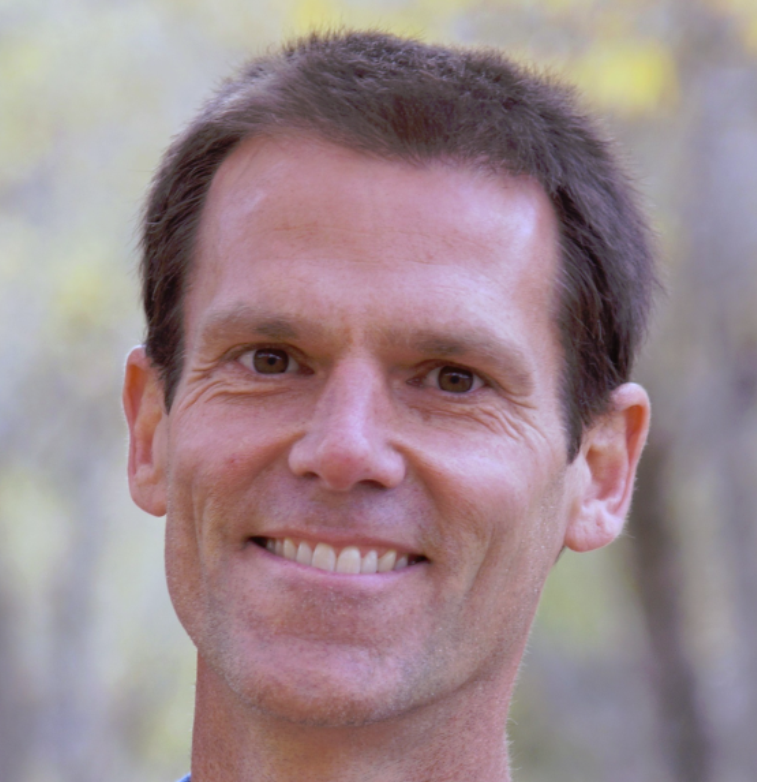Here Today, Gone Tomorrow
A new study out today brings to question the thought that some cancers may go away on their own without any treatment. The findings are remarkable because in this study, the took a look at one of the more common cancers: breast cancer.

Here is what happened:
The study, in the journal Archives of Internal Medicine took a look at two groups of women.
- The first group were women from age 50 to 69 who were invited to participate in breast cancer screening for five years. These women had mammography three times during the years 1996 and 2001.
- The other group were women were of the same age (50 to 69), but who didn’t have mammography screening during the five years between 1992 and 1997. This group of women, though, did have mammography at the end of the five-year period.
What the researchers found out was that the women who were regularly screened (the first group)had a 22 percent higher chance of having cancer than the group that weren’t screened.
The first thought to pop into your head when you read that is to assume that it was the screening (mammography) that might have caused the cancers, but the researchers say that the much more likely cause for the difference in the groups is that some of the women in the non-screening group had cancer and it simply disappeared.
What to Make of the Findings
The first thing you need to understand about these findings is that it was a population study and the researchers were looking back over what happened in the past. The best way to study if cancers actually go away is to have a group of people who have been diagnosed with cancer and then split them into two groups: one that gets treatments and the other that doesn’t. This kind of study, however, will probably never happen and is considered unethical.
This new study, however, does raise some questions:
- We often rush to treat breast and many other cancers. Is the best approach may be to wait and see?
- Does treating cancers with chemotherapy, surgery and radiation actually help spread the cancer and lead to death quicker than if they were just left alone? This has been shown to be true for prostate cancer, where survival rates are unaffected by treatment or no treatment. ((Prostate cancer. Damber JE, Aus G. Lancet. 2008 May 17;371(9625):1710-21))
- Is it better to be screened for cancers or not?
All these questions leave us wondering what we should do with a cancer diagnosis. Certainly, cancer is a horrible disease and many people die from it every day. The question we need to start asking ourselves is this: what is better, to be treated or not to be treated?
My guess is that time will tell us which cancers will fall under the “watchful waiting” class and which will not; which need to be treated aggressively and which do not. Certainly those people who choose to go the “watchful waiting” route have all manner of natural medicines to support them during this time that have been shown to not only to be safe, but effective in the treatment and prevention of cancer, but that is topic for another day.
For now, we can hope that researchers take this new study as an opportunity to take a look at conventional screening and treatment and start to assess the effectiveness of treatments in a scientific manner: deciding which work and which do not.












This article is very questionable. If this is the case, why is it almost the first step to remission to get treatment?
This article is really useful, I could find the information what I was looking for; cancer and lose weight.. Thanks, so much..
I’ve really enjoyed reading your site, and right I’m trying to lose some weight too. I’m 50 years old and trying to lose 50 pounds by playing Just Dance for Wii. Its only the second day, but progress has definitely been made!
I really liked your blog! Keep up the good work, I have checked out a few of your posts and I like what you write.
Very interesting and thought provoking as always. Though I probably shouldn’t be surprised that the body at times has cancer and then later does not because it was able to deal with it in it’s own way. There’s a lot of intelligence in nature.
Stephen